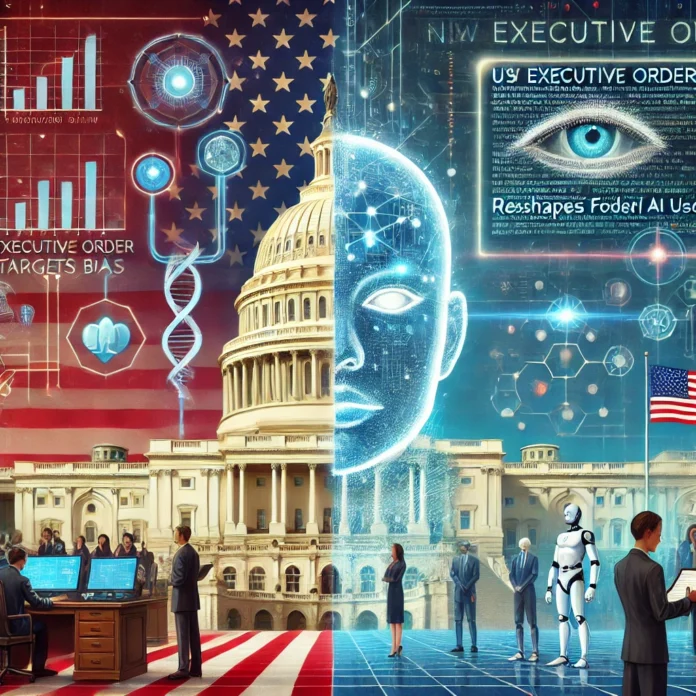The landscape for artificial intelligence within the United States federal government is undergoing a significant realignment following the implementation and ongoing analysis of Executive Order 14179. Recent analyses, including insights published by legal experts at Holland & Knight on April 21, 2025, highlight the order’s focus on developing and deploying AI systems «free from ideological bias or engineered social agendas,» marking a distinct shift from previous directives.
Issued earlier this year (January 23, 2025) by the current administration, EO 14179 formally revoked the preceding administration’s EO 14110 («Safe, Secure, and Trustworthy Development and Use of Artificial Intelligence»). While EO 14110 laid groundwork for comprehensive AI safety and security, the new order zeroes in on the perceived risks of bias embedded within AI algorithms used by federal agencies.
Key Directives and Definitions
EO 14179 utilizes the definition of AI from the US Code (15 U.S.C. 9401(3)), describing it as «a machine-based system that can, for a given set of human-defined objectives, make predictions, recommendations or decisions influencing real or virtual environments.»
Central to the order is the mandate for key White House officials – including the Assistant to the President for Science and Technology (APST) and the Special Advisor for AI and Crypto – to develop a detailed action plan by July 22, 2025. This plan aims to implement the policy of ensuring federal AI systems do not perpetuate unwanted biases. Furthermore, the order mandated an «immediate review» of all policies and actions taken under the now-revoked EO 14110, signaling a potential rollback or significant modification of prior initiatives.
Implications for Federal Agencies and AI Contractors
This policy shift carries substantial implications for how federal departments procure, develop, and utilize AI technologies. Agencies are now under increased pressure to scrutinize AI systems for potential biases, which could influence everything from resource allocation and predictive policing tools to hiring algorithms and public service delivery.
For the AI industry, particularly companies contracting with the federal government, this represents a new set of considerations. There will likely be heightened demand for AI systems demonstrably audited for bias and built with transparency in mind. Companies may need to adapt their development processes and provide clearer documentation regarding algorithmic fairness and mitigation strategies. The emphasis on avoiding «engineered social agendas» could also influence the types of AI applications prioritized for federal funding and adoption.
Navigating the Complexities of AI Bias
The focus on «ideological bias» itself opens up complex technical and ethical questions. Defining and measuring bias in AI is an ongoing challenge within the field. What constitutes an «ideological bias» versus a statistically representative pattern, and who determines this, remain critical points of debate. Ensuring AI systems are fair and equitable without inadvertently hindering their effectiveness requires careful balancing.
This US policy development occurs amidst a global push for AI governance, with frameworks like the European Union’s AI Act setting precedents for risk-based regulation. While EO 14179 takes a different tack by emphasizing bias from a specific perspective, it underscores the growing recognition worldwide that unchecked AI deployment poses significant societal risks that necessitate government oversight.
Looking Ahead
The forthcoming action plan, due in July 2025, will provide crucial details on how federal agencies are expected to implement EO 14179’s directives. The review of actions under the previous EO will also clarify which prior safety and security initiatives will be maintained, modified, or discarded.
This strategic pivot highlights the dynamic and often politically charged nature of AI governance. As AI continues its rapid integration into public sector operations, the debate over ensuring these powerful tools are used responsibly, fairly, and without unintended harmful biases will undoubtedly continue to evolve.




